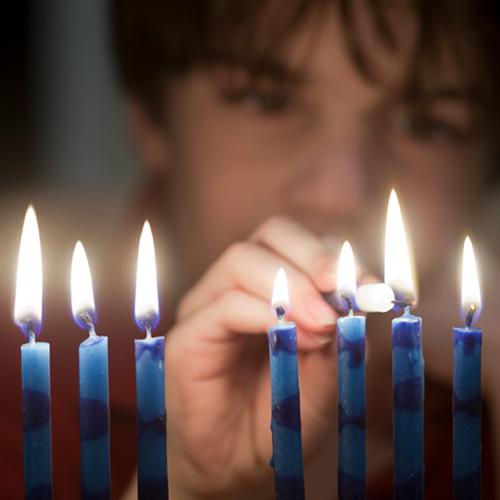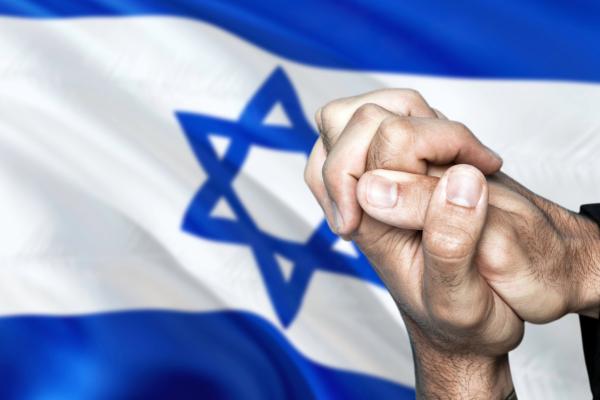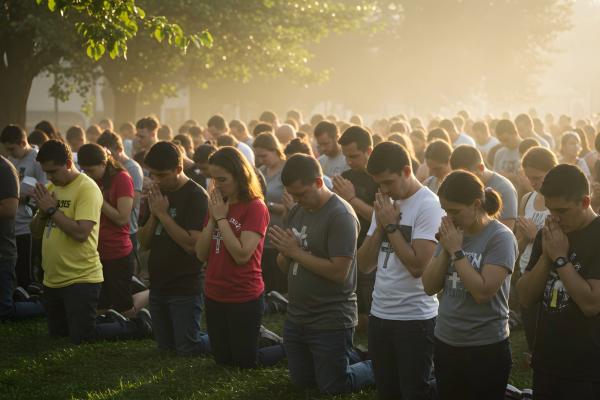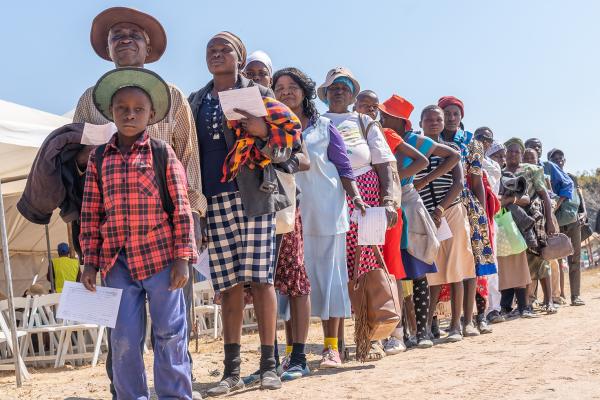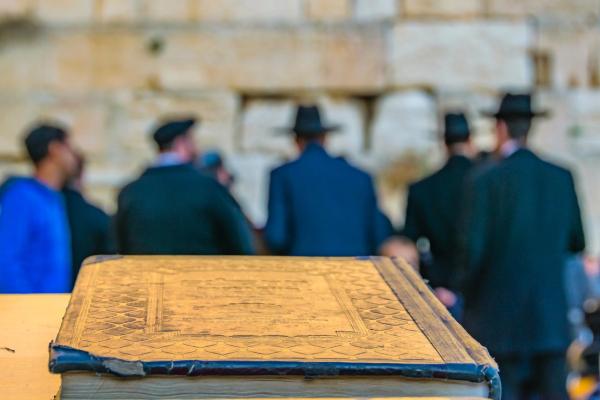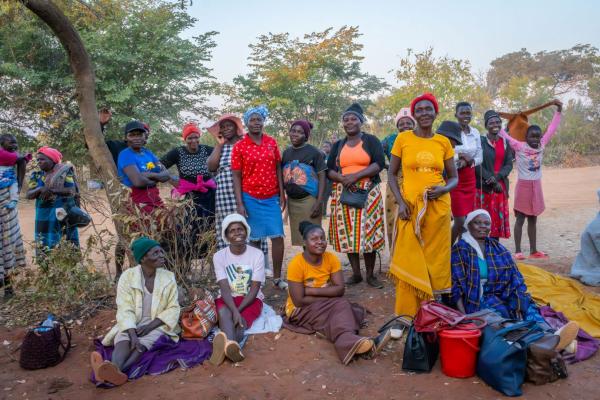Oppression gave way to all-out persecution in the second century B.C.E., when Antiochus IV ruled over Judea. Under his reign, the king tried to eradicate the distinct culture and religious practices of the Jewish people.
When it didn’t work, he intensified his efforts by forcing Jewish people to worship his idols. Those who refused endured brutal violence and even death at the hands of the mad king’s soldiers. Antiochus took control of the Jewish Temple and forbade Jews from worshiping there. He sacrificed a pig on the altar, desecrating the Temple.
Chanukah in the history of Israel
Persecution weighed heavily on the backs of the Jewish people, and a small group known as the Maccabees rose up in revolt. They refused to worship other gods. Vastly outnumbered, it seemed impossible they could achieve any kind of victory.
But God was on their side, and the Maccabees took back the Temple in a miracle of deliverance.
The people rejoiced and wanted to purify the defiled Temple as quickly as possible. They could find only one day’s worth of consecrated oil for the menorah that was to burn continually in the Temple. It would take eight days to make and purify more.
In faith, they lit the menorah, and the oil lasted for the full eight days. It was a miracle of provision, a miracle of light.
Chanukah today
Chanukah commemorates the miracles God did for His people. Messianic Jews – along with the Jewish community around the world – celebrate the eight-day festival with joy, gift giving, special foods, candle lighting and prayer.
The gifts we give begin small and often increase in value night by night. We light an additional candle each evening at sunset using a “servant candle,” which sits in an elevated position on the nine-branched candleholder called a Chanukiah. By the end of Chanukah, all eight candles burn brightly to remind us how God made one day’s oil last eight days.
Messianic Jews Celebrate Chanukah
As Messianic Jews approach Chanukah, we are deeply moved by the fact that Yeshua (Jesus) called Himself the Light of the World (John 8:12). The Messiah of Israel came so that people walking in darkness would see a great light (Isaiah 9:1). “Those sitting in the region and shadow of death, on them a light has dawned” (Matthew 4:16).
This refers to all of us, for “we all like sheep have gone astray. So, Adonai has laid on Him the iniquity of us all” (Isaiah 53:6).
John chapter 10 mentions Chanukah, and it was at this time when the leaders of Judea challenged Yeshua to tell them plainly if He was the Messiah. In response, He gave us one of the most significant assurances of our faith (John 10:27-29):
My sheep hear My voice. I know them, and they follow Me. I give them eternal life! They will never perish, and no one will snatch them out of My hand. My Father, who has given them to Me, is greater than all. And no one is able to snatch them out of the Father’s hand.
Yeshua then answered their question by declaring, “I and the Father are one” (John 10:30).
Messianic Jews and Rededication
Chanukah is also called the Feast of Dedication. It’s a time for us to rededicate our lives to the God who does miracles and provides for His people. As Messianic Jews, we take the opportunity to search our hearts and rededicate ourselves to God as the ancient Jewish people rededicated the Temple to His service and worship.
We remember what Yeshua has done for us, as the Messiah Who was promised in the Holy Scriptures, and we renew our gratitude and devotion to Him.
We wish you a joyous and meaningful Chanukah season as you reflect on the miracles God has done for us.
• He has protected and delivered His people throughout the history of Israel.
• He has worked miracles to show Himself the one true God.
• He has declared His love for us by sending the Light of the World to lead us out of darkness.
• He has drawn us near to Him and redeemed us through Messiah Yeshua.
May your Chanukah celebrations be filled with light, love, and rededication to the God of Israel, who loved us and sent His Messiah to us?



